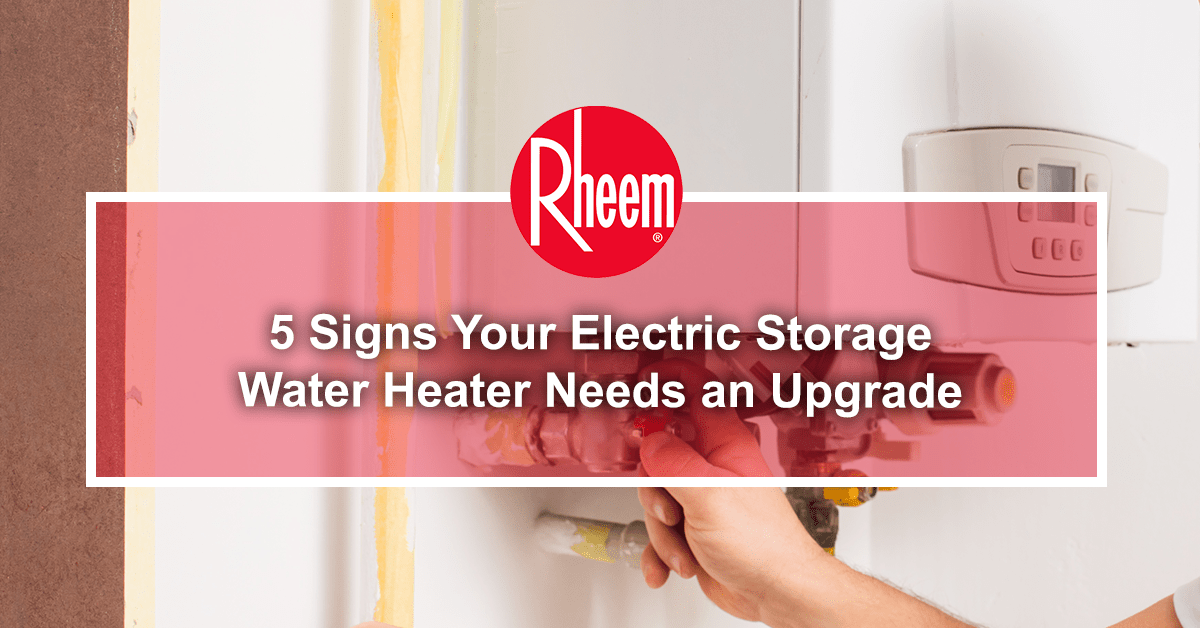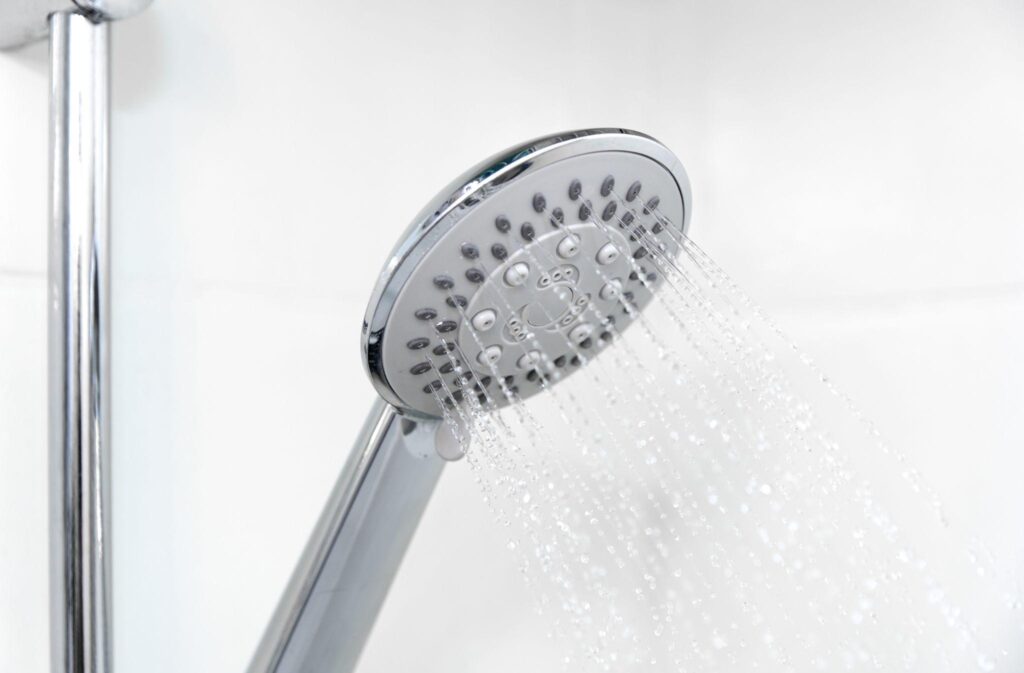
In the unassuming corners of our homes, the electric storage water heater quietly performs its duty, offering the luxury of soothing hot water whenever needed. However, like any steadfast companion, even the most dependable water heater eventually reaches an age where an upgrade is not just beneficial but necessary. Identifying the subtle signs early on can spare you from unforeseen inconveniences, ensuring a continuous flow of comforting hot showers for the years ahead.

1. Age and Inefficiency
Most electric storage water heaters have a lifespan above 5 years. As your unit ages, its efficiency inevitably declines. Sediment builds up, insulation loses its effectiveness, and heating elements wear down. This translates to higher energy bills and longer wait times for hot water. If your electric storage water heater is approaching its golden years, consider upgrading to a more efficient model. Newer technologies offer significant savings on energy consumption, putting money back in your pocket while reducing your environmental footprint.
2. Rust and Corrosion
Notice any rust or corrosion around the tank or pipes of your electric storage water heater? Rust is more than just an unsightly blemish; it signals internal deterioration, compromising the tank’s structural integrity and elevating the risk of leaks. Ignoring this issue may lead to a catastrophic burst, causing extensive water damage to your home. Regular inspection and addressing rust promptly are crucial for maintaining the longevity and efficiency of your electric storage water heater.
3. Leakage Problems

Even a minor leak from your water heater should not be ignored. Leaks are indicative of pressure issues or cracks in the tank, both of which pose a significant risk. Beyond the potential waste of water and increased utility bills, leaks can foster mold growth and cause extensive water damage. If you notice a minor leak, contact a qualified plumber immediately to assess the situation. Given that repairs are typically not feasible for leaks, opting for replacement is often the safer and more cost-effective choice in the long run.
4. Inconsistent Water Temperature

Is your shower suddenly turning from tepid to scorching? Running out of hot water mid-shower? These inconsistent water temperatures are classic signs of a struggling water heater. The culprit could be a malfunctioning heating element, faulty thermostat, or sediment buildup. Upgrading to a model with better insulation and modern technology can ensure consistent, reliable hot water flow.
5. Strange Noises
The presence of knocking, banging, or rumbling noises in your water heater is typically indicative of sediment accumulation at the tank’s bottom. This sediment buildup can significantly diminish the heater’s capacity and efficiency. Over time, if these sounds are neglected, the sediment can lead to overheating issues and ultimately result in the premature failure of your water heater. Apart from that, the strange noises might be due to the water hammering, engage a plumber to verify and fix the issue promptly.
Conclusion
Ignoring the signs of a failing water heater can lead to costly repairs, inconvenient disruptions, and even potential damage to your home. By paying attention to these five key indicators, you can proactively address the issue and ensure a continuous supply of hot water for your household.
Early detection and upgrade can save you from unnecessary headaches and keep your showers steamy and comfortable for years to come. If you are looking to enhance the reliability and efficiency of your water heating system, finding the perfect Rheem electric storage water heater is the next logical step. Check out the wide range of our electric storage water heater products or get in touch with Rheem dealers today.
Subscribe

At Rheem, we strive to innovate
best-in-class products to lead the industry
in
environmental improvements.
Sustainability

